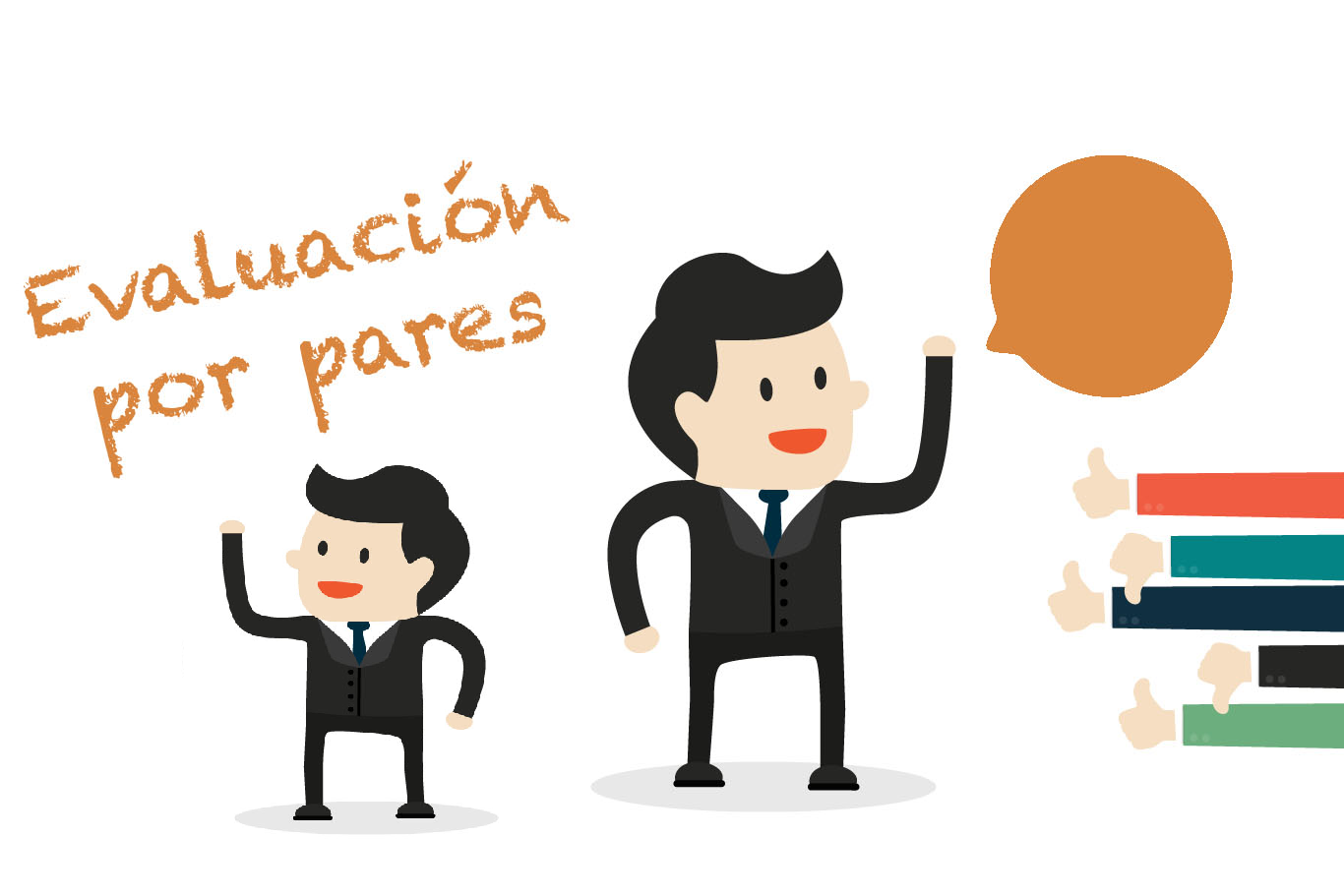
Peer Reviewers / Referee System
Manuscripts submitted to the CAMbios HECAM Scientific Medical Journal will be subject to the peer review process. It will be carried out by members of the Editorial Policy Committee and advice from the National and International Scientific Editorial Board and by experts from the national and international HECAM Collaborative Research Network; through a double-blind masking system, which ensures the anonymity of authors and reviewers, with the purpose of maintaining the objectivity of the evaluations. The reviewers of the Revista Médica Científica CAMbios HECAM do not receive remuneration. The editor of the journal will have the power to decide on divergent criteria of the reviewers and his decision will be final. Unaccepted papers will be returned to their authors.
The process of Good Editorial Practices of the CAMbios Scientific Medical Journal is regulated according to ICMJE; the flows of OJS and the contexts of the dynamics in the Tertiary Hospital of Specialties, with the aim of guaranteeing an effective evaluation by peers, through a system with double-blind masking, which ensures the anonymity of authors and reviewers, in order to maintain the objectivity of the evaluations that are developed as follows:
- Author's data record in Open Journal System (OJS):
o Manuscripts sent to CAMbios Magazine are privileged communications, private property and confidential to the authors. The author reads the publication rules at: https://revistahcam.iess.gob.ec/index.php/cambios/normas
- Upload the modality / type of publication in the OJS system in:
https://revistahcam.iess.gob.ec/index.php/cambios/about/submissions.
- Administrative Secretary: accept the publication modalities.
- General Editor, distributes the publication modalities to the section editors.
- The section editors, receive the publication modalities and send blind pairs, also called reviewers (1192 registered in OJS), according to the topic.
- Blind pair (reviewer) its functions are:
- The subject can be sent to 2 or 3 blind peers.
- Keep manuscripts and the information they contain strictly confidential.
- Don’t publicly discuss the work of the authors and shouldn’t appropriate the ideas of the authors before publishing the manuscript.
- They shouldn’t retain the manuscript for their personal use.
- They must destroy the copies of the manuscripts after submitting their revisions.
- They may seek help from a trainee or colleague in conducting a review. Acknowledge the contributions of these individuals in written comments sent to the editor.
- Assistants must maintain the confidentiality of the manuscript as described above.
- Respond promptly to requests for review and submit reviews within the agreed time (15 days). Feedback should be constructive, honest, and polite.
- Declare your relationships and activities that may bias your evaluation of a manuscript and withdraw from the peer review process if there is a conflict.
- They have 3 response options: a) approved article; b) article approved with observations; c) article rejected.
- The reviewers of the CAMbios Magazine do not receive any remuneration for their work. The editor of the journal will have the power to decide before the reviewers' divergence criteria and their decision will be final. Unaccepted papers will be returned to their authors.
- During the review process, the blind peer can interact with the author through the platform. The chief editor can observe the communication, can also comment and decide in case of controversies.
- The blind peers (reviewers) examine the substance and form of the publication modalities and have 15 days to send notifications to the section editors.
- Section editors review and send authors for corrections (if applicable).
- Once the authors have made the corrections suggested by the blind peers and by the section editors (if applicable), they send the final work through OJS.
- The general editor receives the approved publication modalities and sends it to the Library for anti-plagiarism review in URKUND, VIPER and then to layout.
- The Editorial Policy Committee reviews what will constitute magazine draft 1 and
- The Editorial Policy Committee approves or may cancel the publication modalities.
- The General Director of the Editorial Policy Committee socializes the volumes of the journals to the National and International Scientific Editorial Body for yours knowledge and contributions, if this is the case; They can even make decisions to cancel any modality of publication, if this is the case, through preprint EmeRI Brazil.
- The Administrative Secretary socializes the volumes of the journals to the National and International Scientific Editorial Body for their knowledge and contributions, if applicable; they can even make decisions to cancel any publication modality, if applicable, through the EmeRI Brazil preprint, and sends the articles approved by the Editorial Policy Committee to the layout to continue the next editing and publication process.

